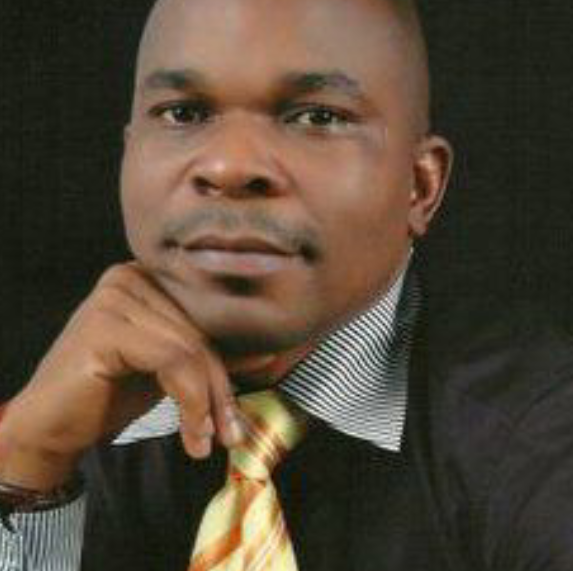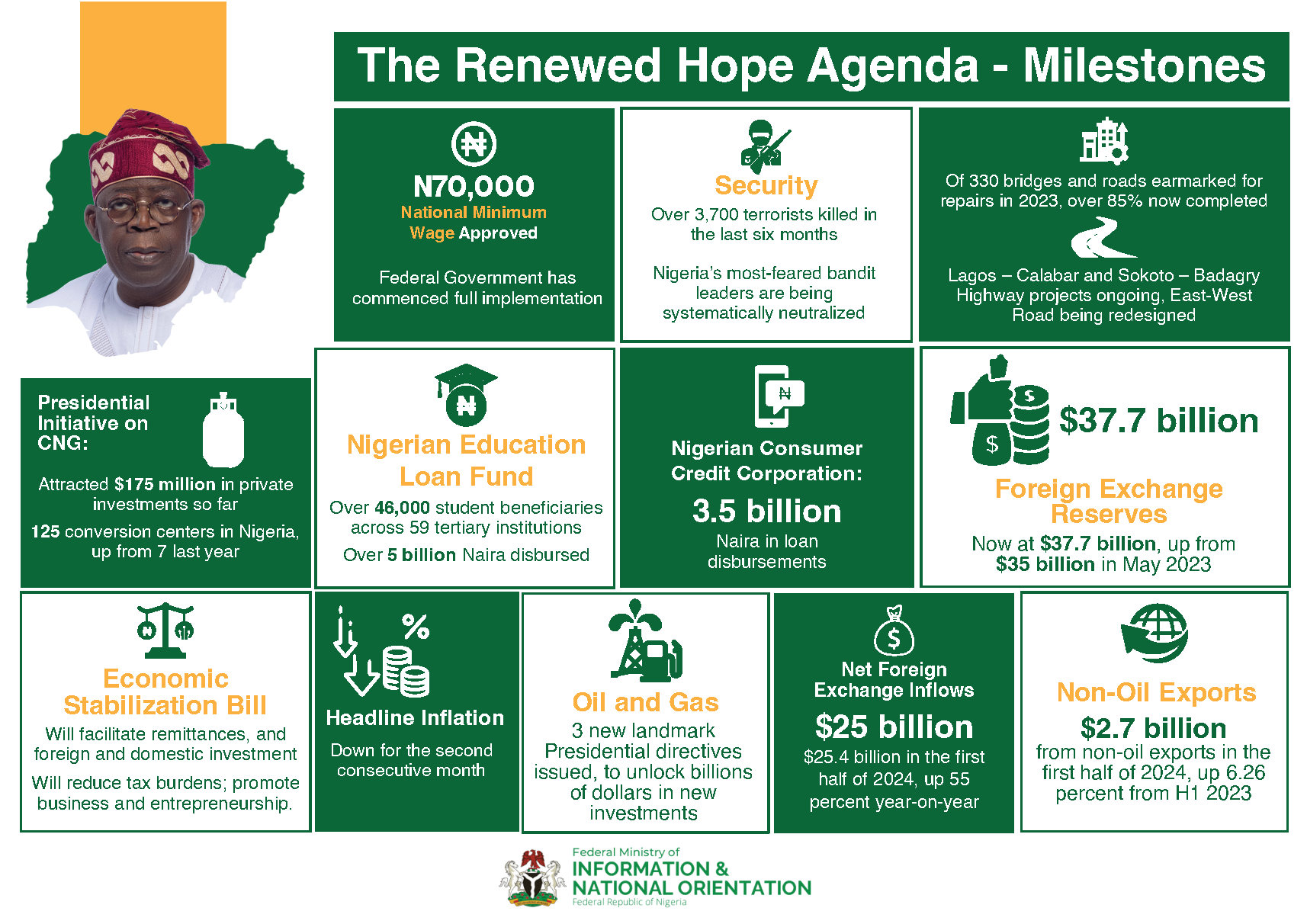By Promise Adiele
Olu Olagoke’s timeless play The Incorruptible Judge is a profound literary piece. It penetrates the Nigerian social fabric, exposing the clammy, savage grip of criminality, especially bribery and dreary obsession with lucre within government establishments. The text dramatizes how a young school leaver, Ajala, in search of a job, falls victim to an immoral employer Mr. Agbalowomeri who demands a bribe of five pounds before employing him. Instead of offering the bribe, Ajala reports the matter to the police. The detective in charge of the case, Sergeant Okoro, gives marked notes to Ajala for onward delivery to the corrupt employer. The bait works, and Mr. Agbalowomeri is arrested red-handed. The matter is charged to court where the incorruptible Justice Faderin takes charge. Despite offers of inducement and pressures from everyone, especially from his father-in-law, the Judge, in an exceptional demonstration of courage and tenacity, chose the part of integrity, electing to uphold justice. He sentences the influential Mr. Agbalowomeri to three years in jail with hard labour. In concluding his judgement Justice Faderin declares “If the citadel of justice is corrupt, what will happen to the body politic? It will be completely rotten and collapse”.
Olu Olagoke of blessed memory wrote the text in 1962 when decency and respect were recognizable metonymies for the Nigerian judiciary. Many years after, the relevance of the text in contemporary Nigeria resonates with implacable abandonment following the gradual but steady transfiguration of the judiciary to the apex of subornation. The judiciary, as an arm of government, is seen as the last hope of the common-man. Therefore, the public decorates its officials with such accolades as ‘honourable’ ‘learned’ and ‘distinguished’. However, events in Nigeria in recent times promptly challenge the linguistic apparatus of describing lawmakers in such flowering adjectives. It is needless to recount the recent intransigence of the Nigerian judiciary which unfortunately, negates the principles of justice, rule of law, and fair play. In inexplicable circumstances, Hope Uzodinma became the governor of Imo State, a judgement that will haunt the Nigerian judiciary forever. When justice is mangled and defaced, it enthrones a cancerous illegality which illuminates the corridors of the judiciary, exposing pervasion, corruption, and demonic, sinister forces of Olympian stature. Undoubtedly, there are a few men and women of integrity in the Nigerian judiciary, but the big question is – where are they?
The just concluded general elections in Nigeria have once again, inevitably beamed a critical searchlight on the judiciary. At the federal level, the election has been won and lost but the opposition parties, Labour Party and PDP are convinced it was manipulated in favour of the ruling APC. For some reason, the Labour Party’s petition seems to attract more attention across the country than the PDP’s petition. Many observers are convinced that the last presidential election was massively rigged in favour of the APC. However, INEC the electoral umpire, insists that the election was free and fair. Mr Mahmoud Yakubu and the electoral body are denying complicities of a monumental heist and childish electoral fraud. Beyond the cross-fire of fair play and criminal complicities in the last election, the opposition is also contesting other issues which, for them confer illegality on the victory of the APC. While it is not within the purview of the public to examine or determine these issues, millions of Nigerians fervently hope that the judiciary will rise to the occasion and redeem their smeared image as the last hope of the common-man. Indeed, it is a delicate stage in the political evolution of Nigeria.
The Nigerian judiciary must rise to the occasion to determine what is equitable and just as the Presidential Election Tribunal commence sitting in Abuja this week. Among other things, Labour Party is praying the court determine the following – Bola Tinubu’s Drug Case and $460,000 Forfeiture, 25% in FCT, Forged Certificate and Perjury, INEC not following its guidelines, Shettima’s Double Nomination, and Election Rigging. These are the crux of the matter before the Election Tribunal. INEC has also alleged that only Labour Party agents signed election result sheets in the South-East and that accounts for the party’s landslide victory in the region. Like Justice Faderin in The Incorruptible Judge, the judges in charge of these cases must dutifully examine these issues and decide on the strength of the evidence before them to save Nigerian democracy. If the petitions by the opposition parties lack merit, they should be thrown out. But if they prove to be genuine and convincing, then the tribunal should do the needful. The hopes of millions of Nigerians both at home and abroad squarely depend on the judges assigned to determine these cases.
It will be improper to say that there are no incorruptible judges in Nigeria but the question is – where are they? The foregoing question is pertinent and necessary given that some politicians in Nigeria have a despicable reputation to achieve anything and everything through underhand means. For them, nothing is straight. Their history is a chronicle of compromised existence through deceitful, beguiling methods that lack the basic tenets of validation. These politicians did not fall from another planet, they are with us and we know them. By their indulgences, they strive to achieve a perfect incarnation of Satan in all its invidious reputation.
However, a section of the Nigerian populace prefers to wallow in blind sentiments while embracing escapist, pretentious unrealism. Knowing full well that they will always command a handful of supporters, our morally deficient politicians will bend every rule in the books to compromise anything and everybody including officers of the Nigerian judiciary. In the last gubernatorial election, INEC returning officer in Abia State Professor Nnenna Oti was reported to have turned down a bribe of fifty million naira. Today, her name is goldenly etched in Nigeria’s electoral lore. In appreciation, a concerned citizen gave her one hundred million naira and a brand-new Prado Jeep.
Nigeria’s current political reality is more significant than any time in history given the maniac participation of millions of youths in the democratic process. At no time did the youths show a current level of interest in the affairs of their country than now. Perhaps it unavoidably inheres from the near liquidation of the country by successive administrations championed by PDP and currently endorsed by the APC. Muhammadu Buhari, the outgoing president, realizing the dreadful loathsome heights he and his co-conspirators have plunged the country, has issued an apology to all Nigerians. Such an apology is not only reckless and insulting but inconsequential, unacceptable and disgusting. Buhari’s apology cannot remedy the many deaths, poverty, anguish and penury inflicted and suffered by millions of Nigerians in the last eight years. It is in the bid to avoid a repetition of the Buhari days that millions of youths are rising to reject a continuation of APC’s repulsive regime. Bola Tinubu, the man announced as the winner of the last presidential election by a sordid INEC has vowed to continue from where Buhari stopped. Such avowal naturally provokes angst and disembowels the inner sanctum of a normal being.
The judges of the Election Petition Tribunal must be above board and resist every attempt to compromise their integrity. There have been different narratives suggesting that there are attempts by the subsisting machinery of perfidy in the land to compromise the judiciary. Since there is no concrete evidence to substantiate these claims, we hope that they are all misleading rumours and the judiciary will acquit itself professionally. The judges, in the discharge of their duties, must inscribe within the Nigerian psyche a logic of legal sublimity to be joyously deciphered and recounted by providence. Nigeria cannot afford a slip at this moment in her history with the developments in Sudan so near and immediate. The current Electoral Petition Tribunal must be transparent in ensuring that justice is not only done but is seen to have been done. A section of the populace is calling for the live transmission of proceedings in the tribunal. That is the proper thing to do but again, the forces of evil will readily truncate and oppose the idea for they are eternally established in dubiety. In all, Nigerians fervently hope that the judges will be incorruptible and that justice will prevail. Above all, Nigerians are consoled that there is a Supreme Being above all Supreme Courts in the land. Surely, the Supremacy of the Supreme Being overrides all courts whether Appeal or Supreme.
Promise Adiele PhD, Mountain Top University Promee01@yahoo.com Twitter: @Drpee4
Dear readers, we really need your support to keep on serving you with authoritative, truthful, and juicy stories everyday. For your support, please reach out to the editor @gavelinternational66@gmail.com


